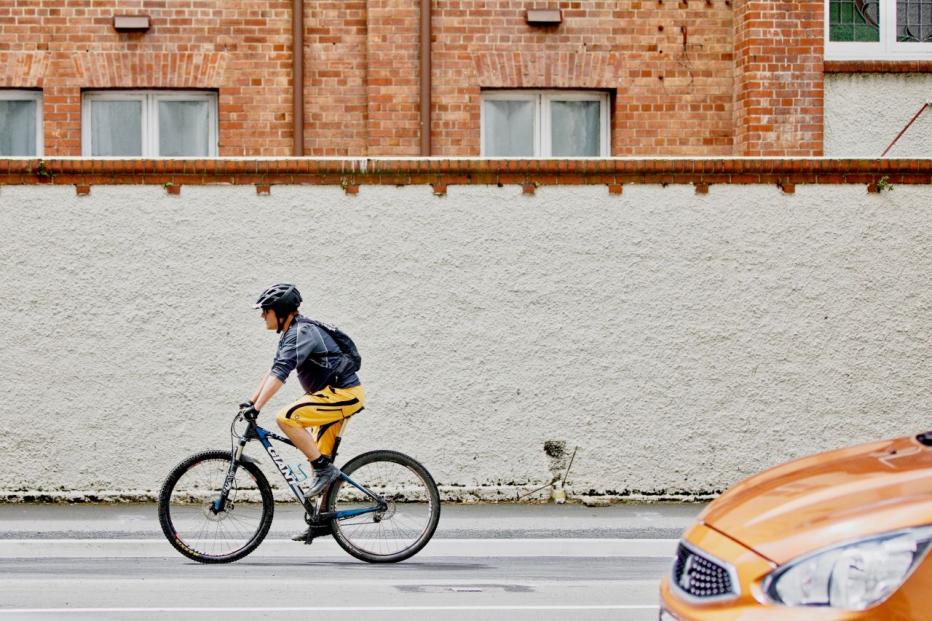
In June 2019, six Select Committees of the U.K.'s House of Commons called a citizens’ assembly to understand public preferences on how the U.K. should tackle climate change because of the impact these decisions will have on people’s lives. In the U.K., a Select Committee is a group of members of parliament (MPs) from different political parties – they examine policy issues, hold the U.K. Government to account and make proposals for new laws. The Climate Assembly is being held across four weekends in early 2020, bringing together randomly selected representatives from the population.
Jacobs Director of Economics & Global Technology Lead Transport Economics John Siraut presented along with other subject matter experts, research leaders and environmental committee members, who presented ideas and concepts, or information about products and services under development, related to the themes of the session. The group John presented to were tasked with looking at the way we travel in connection to the net-zero greenhouse gas emission 2050 target.
During his presentation, John explored how changing the methods of pricing and providing economic incentives could change people's travel behaviors, which could help address the impacts of travel and transport on climate change. He argued that using technology could more efficiently monetize car travel and reduce the impacts of congestion and capacity problems on U.K. roads – for example, using an app to show the various travel options and how much each will cost for the specified journey.
This tool that John spoke about was developed by Jacobs and Volterra in 2017 as a solution to the U.K.’s travel and transport infrastructure issues and is called Pricing for Prosperity.
Pricing for Prosperity (P4P) is comprised of an app and black box device that offers motorists choices of routes and prices depending on time of day, expected levels of congestion, type of vehicle used (to take into account pollution impact) and provides a guaranteed journey time. Any delays on the journey lead to either a partial or full refund, or potentially a compensation payment from the highway authority. In addition, motorists making regular trips could, when congestion is predicted to be severe, be offered money either not to travel or to do so at less busy times.
Within P4P, each trip is given a single monetary charge comprising three elements:
- A congestion charge – which will rise in line with, and hence reduce, congestion. No congestion means no congestion charge. All the money raised would be invested in improving the overall transport network.
- An environmental charge – the adverse effects of road use, such as noise and air pollution, would be paid for by drivers and spent on mitigating those adverse effects. For clean and quiet vehicles, the cost could be zero.
- A maintenance charge – which would cover day-to-day maintenance and operational costs and ensure all roads are maintained to a high and safe standard.
As John presented, “It's not a simple exercise to introduce. It will take a number of years to implement, but it means individuals can make informed decisions about how they travel, the journeys they want to make and the price they're going to pay.”
Commenting on John’s presentation, the assembly members noted that using tools such as P4P technology looks at transport solutions and gives a more positive view of the future of travel while limiting the impacts on the environment.
You can watch John’s speech at the Climate Assembly here and find out more about Pricing for Prosperity (P4P) here.












































